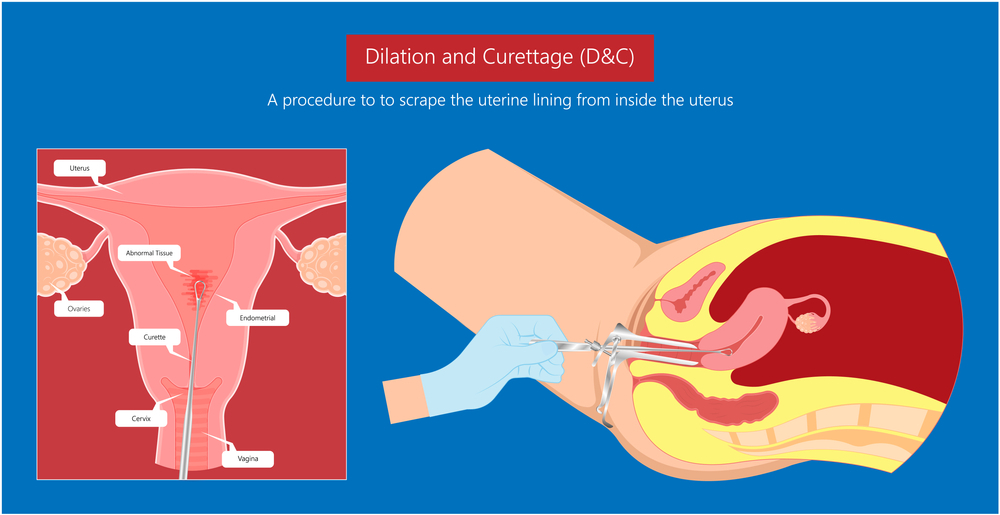Miscarriages are a traumatic experience, especially for women hoping to become mothers. No matter what stage in the pregnancy the miscarriage occurs, the emotional toll can be intense. As if mental anguish isn’t enough, there’s the physical recovery process. It is commonly experienced, but how long do you bleed after miscarriage?
At kingdomofbaby, we are fully committed to providing accurate and helpful information our readers. Therefore, this blog will discuss how long you might expect to bleed after miscarriage, what to expect during the healing process, and when to seek medical attention.
How long do you bleed after miscarriage
The duration of bleeding after a miscarriage varies from person to person and depends on different factors. On average, the bleeding may last between 1-2 weeks after a miscarriage. However, the range may be anywhere from a few days to several weeks.
 The bleeding is generally heavier than menstruation and may include clots and tissues. The bleeding may decrease gradually and become lighter to brownish. Moreover, you might experience some cramping and mild pain during the healing process.
The bleeding is generally heavier than menstruation and may include clots and tissues. The bleeding may decrease gradually and become lighter to brownish. Moreover, you might experience some cramping and mild pain during the healing process.
Managing Bleeding after Miscarriage
You can use sanitary pads instead of tampons to manage the bleeding after miscarriage. As part of your hygiene routine, it’s important to change your pad regularly to avoid infection. There’s also a need to avoid sexual activity or inserting anything into the vagina until the bleeding has completely stopped.

While bleeding after miscarriage is normal, some of the symptoms that could indicate trouble are heavy bleeding and having a fever. If you experience heavy bleeding or fever, it might be time to consult your doctor.
Medical Management of Miscarriage
It’s also essential to understand that some miscarriages may require medical management. In such cases, your doctor may advise you to undergo a procedure to remove any remaining tissue.

When you undergo a surgical or medical management procedure, the bleeding may last longer than the typical one to two weeks or even become prolonged and intense. The doctor will give you specific instructions on how to manage the bleeding and monitor the situation. If the bleeding gets too heavy, lasts too long, or looks different, it’s vital to notify your healthcare provider.
Potential Infections and Monitoring
Another factor you need to know is that bleeding after a miscarriage might affect an already compromised immune system. Infections caused by post-miscarriage procedures exist, so it’s essential to monitor your body closely for any signs. These signs could include chills, fever, discharge, or a foul-smelling odor.

Further, it’s necessary to understand that emotional instability may play a role in physical recovery. Emotional stress may affect the recovery process. As part of your healing process, ensure you take time to care for your emotional health and seek support from family and friends.
Bleeding after miscarriage is a normal part of the healing process. However, it’s crucial to understand that it might take longer than the typical one to two weeks, depending on several factors. Remember to take care of your emotional well-being and monitor your physical recovery.
If you experience heavy bleeding, fever, or notice any unusual signs or symptoms, don’t hesitate to contact your healthcare provider. Take your time to heal, and in the meantime, seek support from family and friends. With time, your body will heal, and things will get better.


